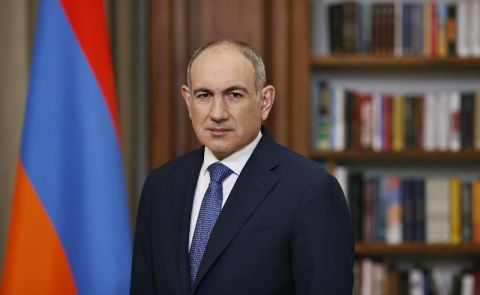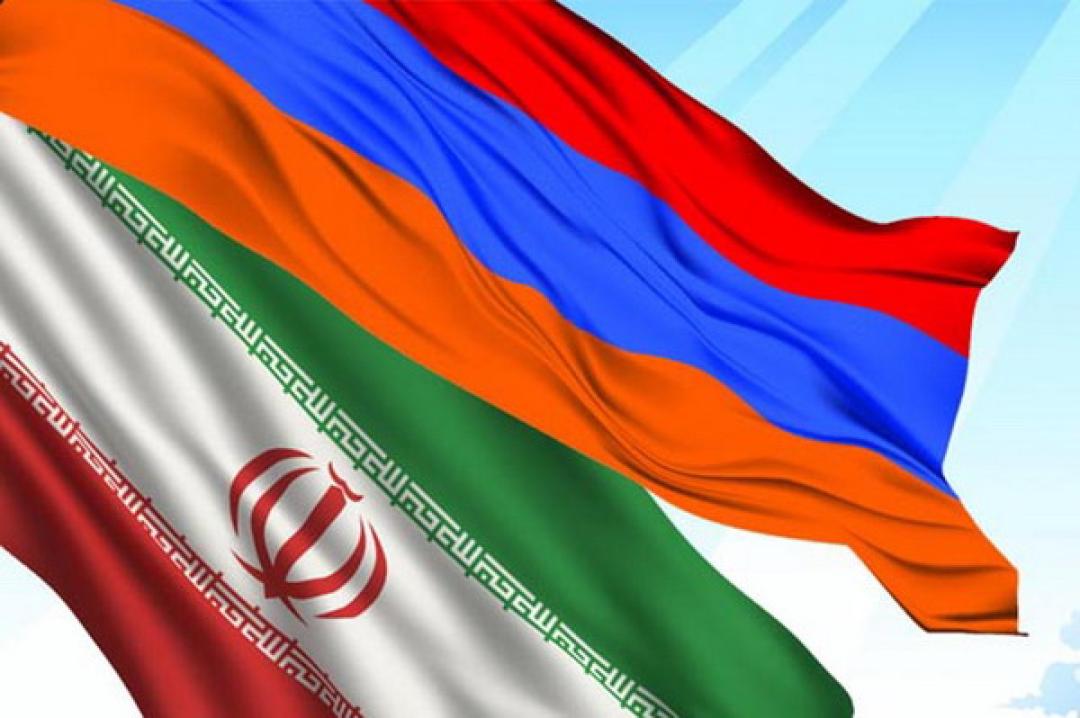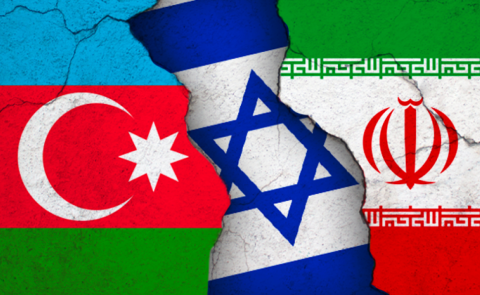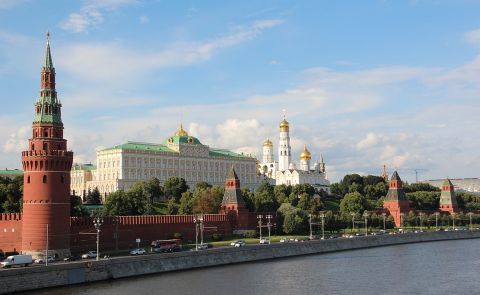
Iranian FM visited Armenia

On 27 January, Iran’s Foreign Minister Mohammad Javad Zarif went to Yerevan to meet with Armenia’s Foreign Minister Ara Ayvazyan to discuss the prospects of cooperation after the second Nagorno-Karabakh war.
Ayvazyan spoke about strengthening trade and economic ties with Iran. “The Armenian-Iranian agenda is quite rich because it is based on centuries-old friendly relations linking our two peoples. Our friendship is the best example of intercultural dialogue and living side by side of different religions and civilisations, based on mutual trust and respect. This is the key to achieving peace and stability in the region,” he stated. The Armenian head of foreign policy emphasised that in 2020, despite the negative consequences of the Covid-19 pandemic, the Armenian-Iranian trade turnover did not undergo significant changes, and exports even increased slightly, reaching about $74 million in the first 10 months of 2020, up from $71 million in the first ten months of 2019.
Zarif focused on the importance of the cessation of hostilities between Armenia and Azerbaijan, saying that it was very important from the point of view of Iran's national security. “I had several telephone conversations with Russia’s Foreign Minister Sergey Lavrov, while our special representative, our deputy foreign minister travelled to the region and presented our peace plan to end the conflict in Karabakh. And we are very glad that the efforts of the Russian Federation have found a solution, which is very similar to what we had proposed, and that it has been put into practice,” he said.
He further stressed that Armenia’s Prime Minister Nikol Pashinyan and Azerbaijan’s President Ilham Aliyev were moving towards de-escalating the conflict and resolving this issue. “Therefore, I think that today conditions have been prepared for the prosperity of Karabakh, cooperation and interaction, the ground has been prepared in order to reduce suffering and historical disagreements through interaction on economic and transport projects, to save people's lives,” he said.
Zarif also attached great importance to upholding Armenia’s territorial integrity. “Iran attaches importance to the territorial integrity of all countries, respects and ensures that the religions and rights of all peoples are always protected. Our red line is the territorial integrity of Armenia, and we openly spoke about this,” he said. He also expressed his country’s readiness to provide humanitarian assistance to Karabakh. Further, Zarif noted that Iran and Armenia have many common reasons for concern, pointing out the presence of terrorists and foreign fighters.
Ayvazyan replied, by saying that he does not believe that the impact of the use of force by Azerbaijan in the Nagorno-Karabakh issue could create the basis for lasting peace or an opportunity for regional cooperation. “Nevertheless, we want to emphasise again that only a lasting peace that takes into account common interests, in which there are no winners and losers, no so-called victories and defeats, can create real guarantees for advancement, stability, development and security in the region,” he added.
A day prior to Zarif’s visit, the opposition Homeland Salvation Movement signalled that it would stage an anti-government “uprising” if it fails to topple Prime Minister Nikol Pashinyan with conventional street protests. “This is a natural right of the people. It is enshrined in the US declaration of independence which says that if the government fails to fulfil its obligations the people have a right to revolt,” stated the prime minister candidate for the movement, Vazgen Manukyan. “At stake is the future of our country and people. We will either get destroyed or move forward,” he added. Speaking to journalists after his announcement, Manukyan explained that the uprising he favoured would involve nonviolent seizures of government buildings.
Parallel to the opposition calls of an uprising, the lawmakers of the ruling My Step bloc discussed a potential constitutional amendment that would make it easier for them to dissolve the Armenian parliament and pave the way for fresh general elections. Under Armenia’s existing constitution, snap polls must be called only if Pashinyan resigns and the National Assembly twice fails to elect another Prime Minister. My Step deputies stoked the opposition's speculation when they met to discuss the possibility of enacting a constitutional amendment that would allow the parliament’s pro-government majority to dissolve the National Assembly without Pashinyan’s resignation. However, to pass, this constitutional amendment must be backed by at least 88 parliamentarians, which is not possible without the support of the parliamentary opposition parties Prosperous Armenia and Bright Armenia.
See Also


Azerbaijan Calls for 'Dialogue and Diplomatic Resolution' Between Israel and Iran

Azerbaijan and France Explore Industrial Cooperation

Russian Senator States Georgia Rejects Brussels’ Directives

EU Ambassador Rules Out Suspension of Visa-Free Travel for Georgia

